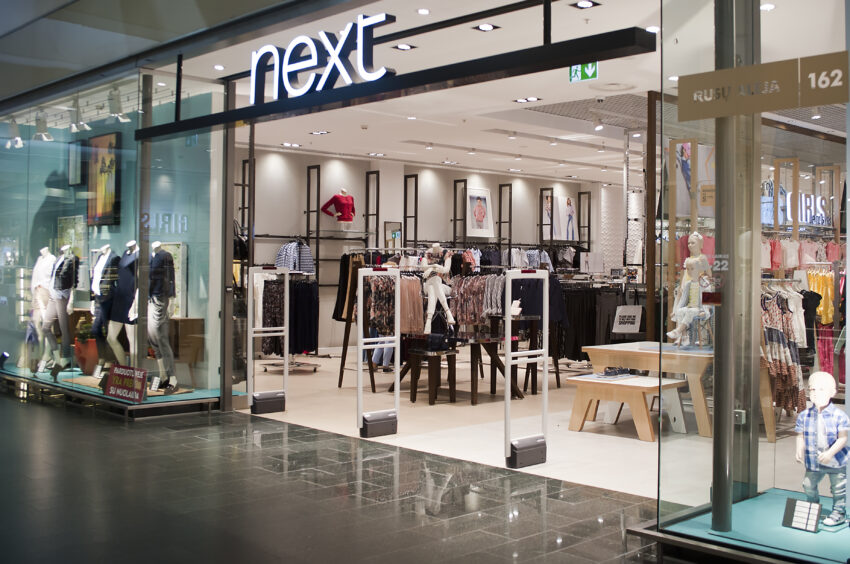The head of the retail chain Next has hit back at Boris Johnson’s claim that he wants uncontrolled immigration and said that he was struggling to find British staff to work in warehouses despite putting up wages.
Johnson raised the hackles of Lord Wolfson, chief executive of Next, and other business leaders yesterday by saying that it was not his job to “fix every problem in business”. The prime minister dismissed claims of labour shortages and supply chain problems that are fuelling inflation.
Speaking to Radio 4’s Today programme, Wolfson, a Brexit supporter, said that he was not advocating a return to uncontrolled immigration from the EU.
“Absolutely not. What I have suggested is that we have a market-led solution, whereby businesses can get visas for the skills that they desperately need but with two conditions,” he said.
“The first is they have to pay those people coming from overseas the same wages as they pay UK workers. And over and above that, they have to pay a visa tax on top of that.
“That way we can have a market-led solution that ensures that people aren’t being brought into the UK to undercut UK workers, because they will always be more expensive. And it provides the skills that Britain desperately needs to keep its industries moving.”
In a jibe at Johnson and other cabinet ministers, Wolfson said that those who said that UK plc needed a shock and had been addicted to cheap foreign labour for too long were misguided.
“I think that approach leads to queues at petrol stations and pigs being unnecessarily shot. I don’t think that is a particularly constructive approach,” he said.
Wolfson said that the ideal scenario would be that “there will always be a huge incentive to employ people in the UK if those people are available”.
Dominic Raab, who was made deputy prime minister last month, said this morning that Britain had to end its “addiction” to cheap foreign labour and that pay increases would make up for the withdrawal of £20 a week from universal credit.
“We can’t go back in the long term to being reliant on the addiction, if you like, of cheap, unskilled labour from abroad,” Raab told Today on BBC Radio 4.
He added that there had been an “easy reliance” on foreign workers and that this was “ducking” productivity problems.
With the changes to universal credit being implemented today, he told Sky News: “As we come through the pandemic, with youth unemployment going down, employment going up, we need to transition. We don’t want to see people reliant on the welfare trap.”
Wolfson, however, said that he was still struggling to get British staff to work in Next warehouses, despite wages going up. He added that there was a “real panic” in some industries over labour shortages.
He said: “I should stress what we are experiencing [at Next] is relatively mild. We will get through Christmas. But when I talk to people who are in the restaurant industry, or in the hotel industry or the care home industry, there, there is real panic and despondency.”
Yesterday the prime minister reacted to an article Wolfson wrote in the Evening Standard.
He said: “What Lord Wolfson is saying is he doesn’t want any kind of control or restraint on the number of people he can access from abroad to run his business. I don’t think that is the way forward.
“What you saw in the last 20 years or more, almost 25 years, has been an approach where business of many kinds was able to mainline low-wage, low-cost immigration for a very long time.
“In some ways that worked well . . . the people who came did a wonderful job. But what that resulted in was the suppression of pay but also conditions.”


